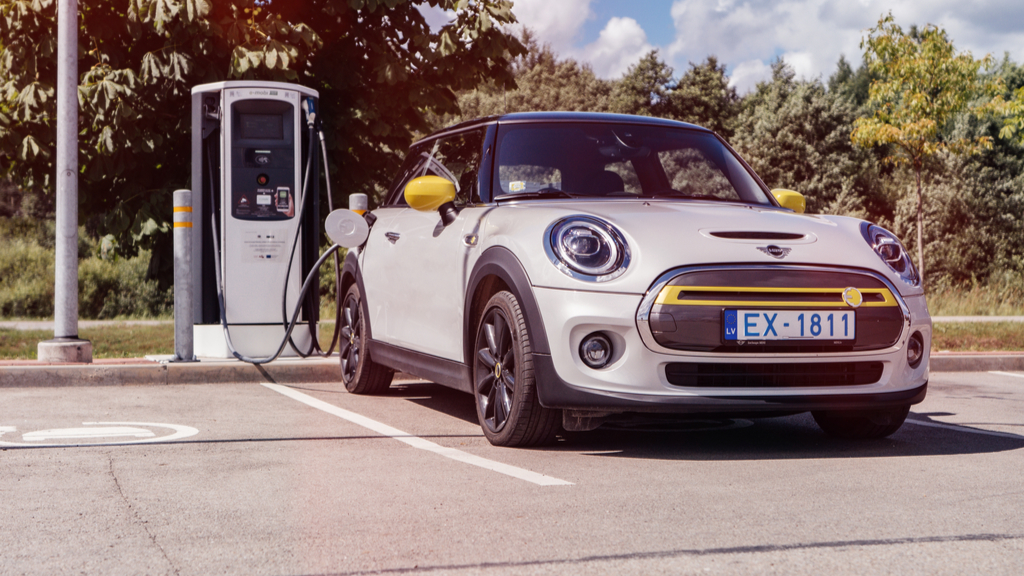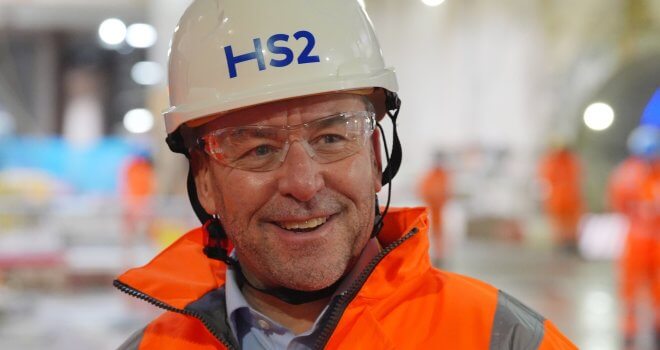BMW Group Unveils Plan To Cut Carbon Emissions Of Cars By 40%

BMW Group has announced plans to slash the carbon emissions of the life cycle of its vehicles, including from production.
The German firm is aiming to cut emissions by at least 40% by 2030, up from a previous target of a third.
It will attempt to do this through a series of measures, including raising the proportion of recycled and re-usable materials used to build its vehicles from nearly 30% to 50%.
The company is hoping to put around 10 million pure electric vehicles on the road during the next 10 years, and expects at least half its global sales to be in that category as early as 2030.
BMW Group’s Mini brand will be exclusively pure electric from that year.
Oliver Zipse, BMW Group chief executive, said: “We are significantly sharpening our commitment and also committing ourselves to a clear course for achieving the 1.5 degree target.”
This relates to the 2015 Paris Agreement, which committed countries to curb temperature rises to 2C above pre-industrial levels and pursue a tougher 1.5C target.
Mr Zipse added: “How companies are dealing with CO2 emissions has become a major factor when it comes to judging corporate action.
“The decisive factor in the fight against global warming is how strongly we can improve the carbon footprint of vehicles over their entire life span.
“This is why we are setting ourselves transparent and ambitious goals for the substantial reduction of CO2 emissions.”
The UK Government plans to ban sales of new petrol and diesel cars from 2030, with hybrids prohibited from 2035.
Efforts to reduce carbon emissions to meet net-zero targets will be a key theme of the Cop26 climate summit in Glasgow in November.




